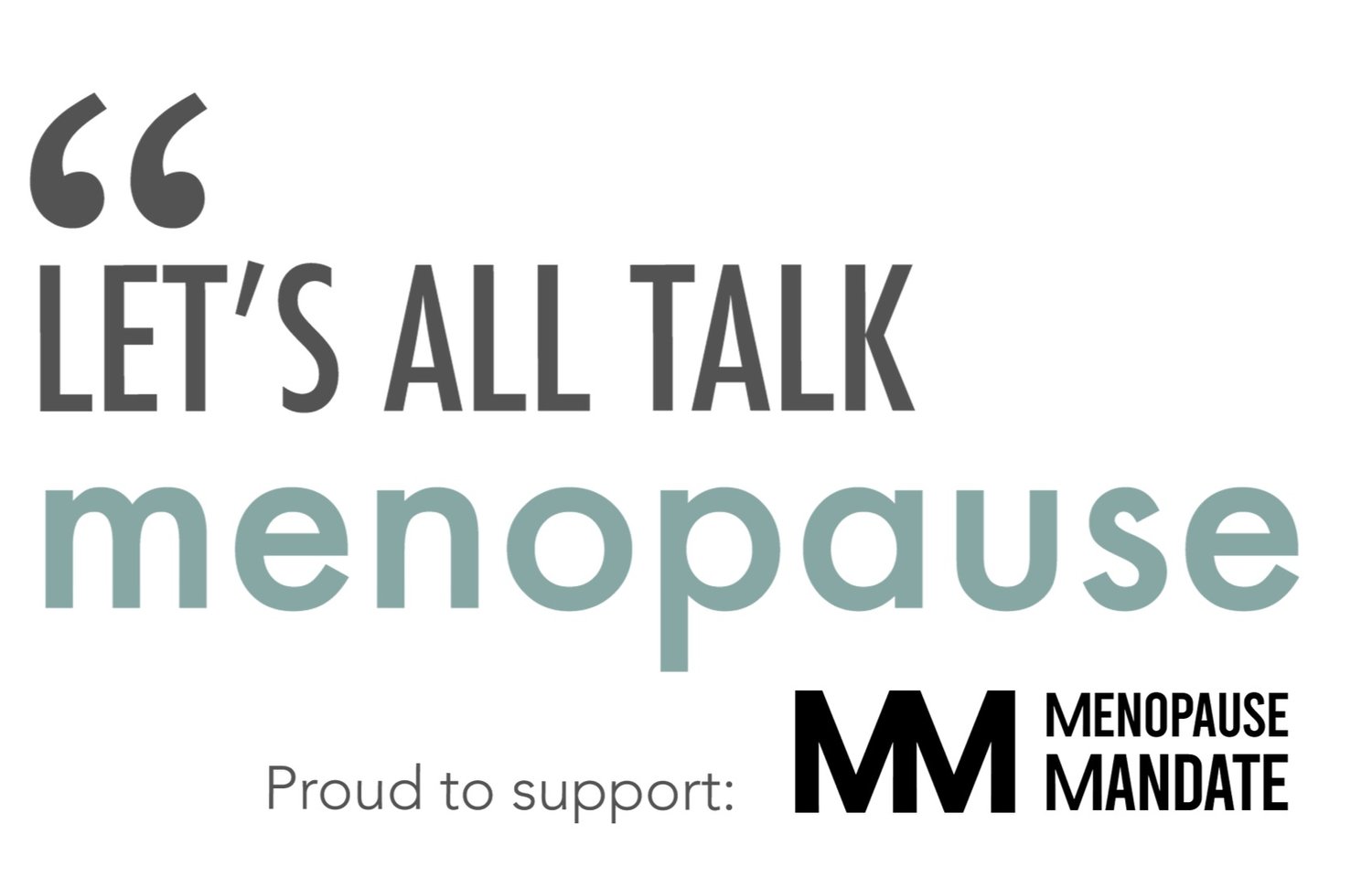Brain Fog During Menopause with Dr Liz Andrew
Menopause can bring about a range of changes, and one of the most talked-about is "brain fog." This isn't a medical term, but it describes the forgetfulness and trouble focusing that many women experience during this time.
Why Brain Fog Happens
Brain fog is mainly due to hormonal changes, especially with oestrogen. As one expert noted, "The main changes come with the fluctuating hormones, and oestrogen’s a big player at that time." These shifts can lead to hot flashes, mood swings, and sleep problems, all of which can make it harder to think clearly.
The Role of Hormones
Oestrogen plays a big part in how our brains work. When its levels change during menopause, it can lead to cognitive issues. But it's not just about oestrogen; symptoms like hot flashes, poor sleep, and mood changes also contribute to brain fog. "It's a bit of a combination of these direct impacts of the oestrogen changing and the fluctuation, but also the indirect impact of these other symptoms," explained a specialist.
Tips for Boosting Brain Power
Here are some ways to help clear the fog:
Get Enough Sleep: Try to stick to a regular sleep schedule and create a calming bedtime routine. As emphasized by a health expert, "Sleep is a really important one."
Eat Well: A diet rich in fruits, veggies, and healthy fats can support brain health. "Eating kind of a broad Mediterranean diet is really helpful for supporting brain health and brain function."
Stay Active: Regular exercise is great for both body and mind. "Exercise your body, exercise your brain as a concept that's very real and supported in lots of evidence."
Cut Back on Alcohol and Sugar: Reducing these can improve sleep and reduce stress. "Alcohol's a sedative for the nervous system. It interrupts sleep. It's not great for the brain at all."
Supplements and Nutrition
Vitamin D is a top pick for supporting brain and bone health. "There's good evidence to do with brain health, the nervous system, mood, supporting bone health," said a healthcare professional. Omega-3s from fish are also beneficial, but it's best to focus on getting nutrients from food first.
Telling Brain Fog Apart from Other Issues
While brain fog is common, early-onset dementia is rare. An expert reassured, "Early onset dementia in midlife is actually incredibly uncommon." If cognitive issues seem to be getting worse, it's a good idea to check in with a doctor. A wellness check can help rule out other causes like thyroid issues or vitamin deficiencies.
Managing Stress and Sleep
Stress and sleep are key players in brain health. Techniques like mindfulness, meditation, and taking regular breaks can help manage stress. "Rest is all about recovery and reset and allowing our nervous system to calm down a little bit," advised a specialist. Creating a relaxing bedtime routine can also improve sleep.
Wrapping Up
Brain fog during menopause is common and usually temporary. By making some lifestyle changes and managing stress, many women find relief. It's important to be kind to yourself and make self-care a priority during this time. A health expert encouraged, "Be really compassionate with yourself."
